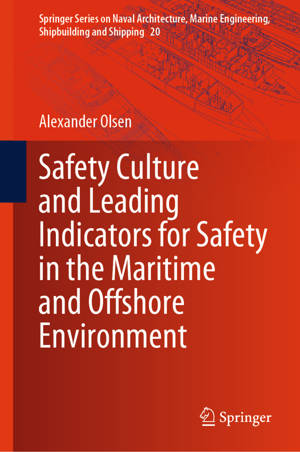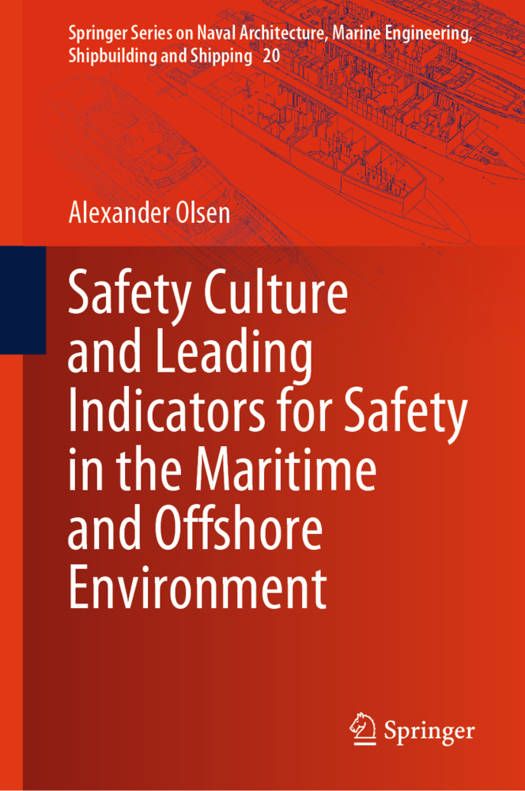
- Retrait gratuit dans votre magasin Club
- 7.000.000 titres dans notre catalogue
- Payer en toute sécurité
- Toujours un magasin près de chez vous
- Retrait gratuit dans votre magasin Club
- 7.000.0000 titres dans notre catalogue
- Payer en toute sécurité
- Toujours un magasin près de chez vous
Safety Culture and Leading Indicators for Safety in the Maritime and Offshore Environment
Alexander OlsenDescription
This book provides guidance and insight into the development process for safety indicators to comply with general classification rule requirements. The utilisation of this guidance will provide tangible benefits as the marine and offshore industry is able to realise the positive results of tangible safety indicators that are developed correctly and managed appropriately throughout the lifecycle of the vessel or platform.
In the marine and offshore industry, design and equipment configurations vary from one system to the next, and systems are in many cases increasingly complex. There are gaps in codes and standards which may lag technological innovations and there are issues related to interfaces between systems. Safety indictors such as risk analyses, FMEA, job safety analyses, management of change procedures, HSQE, technical manuals and reliability-based maintenance provide a formalised approach to identify hazardous situations, address the gaps and interconnection variances, and improve safety, environmental performance and operational downtime. The majority of Classification Societies ('Class') require their clients to develop and submit safety indicators as part of the classification requirements for certain systems and to obtain certain special notations.
Spécifications
Parties prenantes
- Auteur(s) :
- Editeur:
Contenu
- Nombre de pages :
- 859
- Langue:
- Anglais
- Collection :
- Tome:
- n° 20
Caractéristiques
- EAN:
- 9783031559426
- Date de parution :
- 16-06-24
- Format:
- Livre relié
- Format numérique:
- Genaaid
- Dimensions :
- 156 mm x 234 mm
- Poids :
- 1428 g

Les avis
Nous publions uniquement les avis qui respectent les conditions requises. Consultez nos conditions pour les avis.






